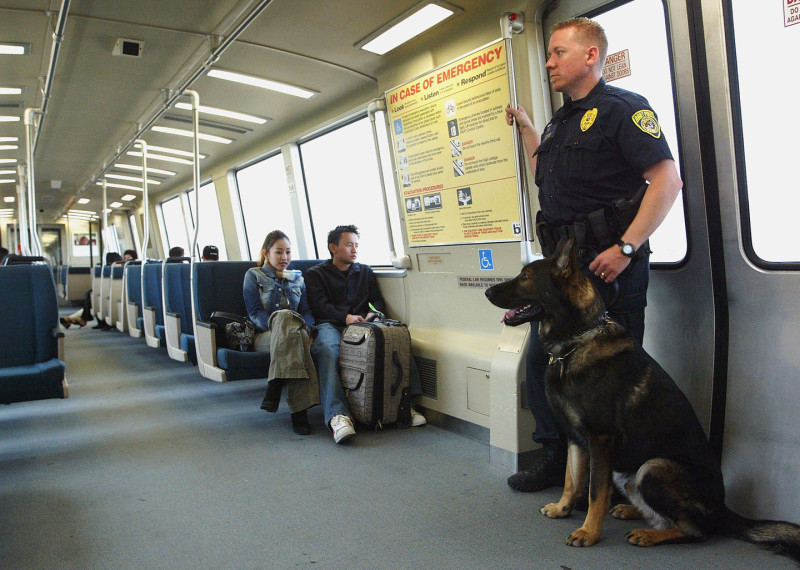"We wouldn't want to engineer a sloppy implementation, as that would cost us later," Huckaby said.
Engineers have begun testing potential camera installations. Work on one test car has been completed. Next month, BART plans to test installations on nine other cars. The tests are done to make sure that the cameras are recording properly and not interfering with the electrical systems in the rest of the train.
Scrutiny of BART's surveillance system began after 19-year-old Carlos Misael Funez-Romero of Antioch was shot and killed on a San Francisco-bound train at the West Oakland station.
BART police released pictures of the suspect leaving the station through its fare gates, but conceded that there was no video from the train car where the shooting took place.
Days later it was revealed that most of the agency's in-car cameras were actually decoys.
Initially, BART police officials defended the use of those decoys, saying the fact that the agency captured images of the suspect showed the system's surveillance measures work. Agency officials said that its new generation of train cars would be equipped with functioning cameras.
But, on Jan. 20, BART announced an about-face.
“We’ve decided we’re not going to wait for the fleet of the future to put a working camera on every train car,” BART spokeswoman Alicia Trost said at the time. “We are going to go ahead and move forward and get those cameras and install them onto the current fleet as soon as possible. We just want to make sure everyone knows that we are already working on it and the decision’s been made."
Trost did not give a timeline.
The work has been slow because it's tough to find the right hardware to fit in BART's old train cars, Huckaby emphasized.
"We have to find a manufacturer who is able to custom-build these electronic parts that are decades outdated," he recently said. "That's a problem that BART faces in a number of different arenas when it comes to maintaining our fleet. There are times when we are literally on eBay looking for old parts that are compatible with our systems."
KQED's Peter Jon Shuler contributed to this report.
